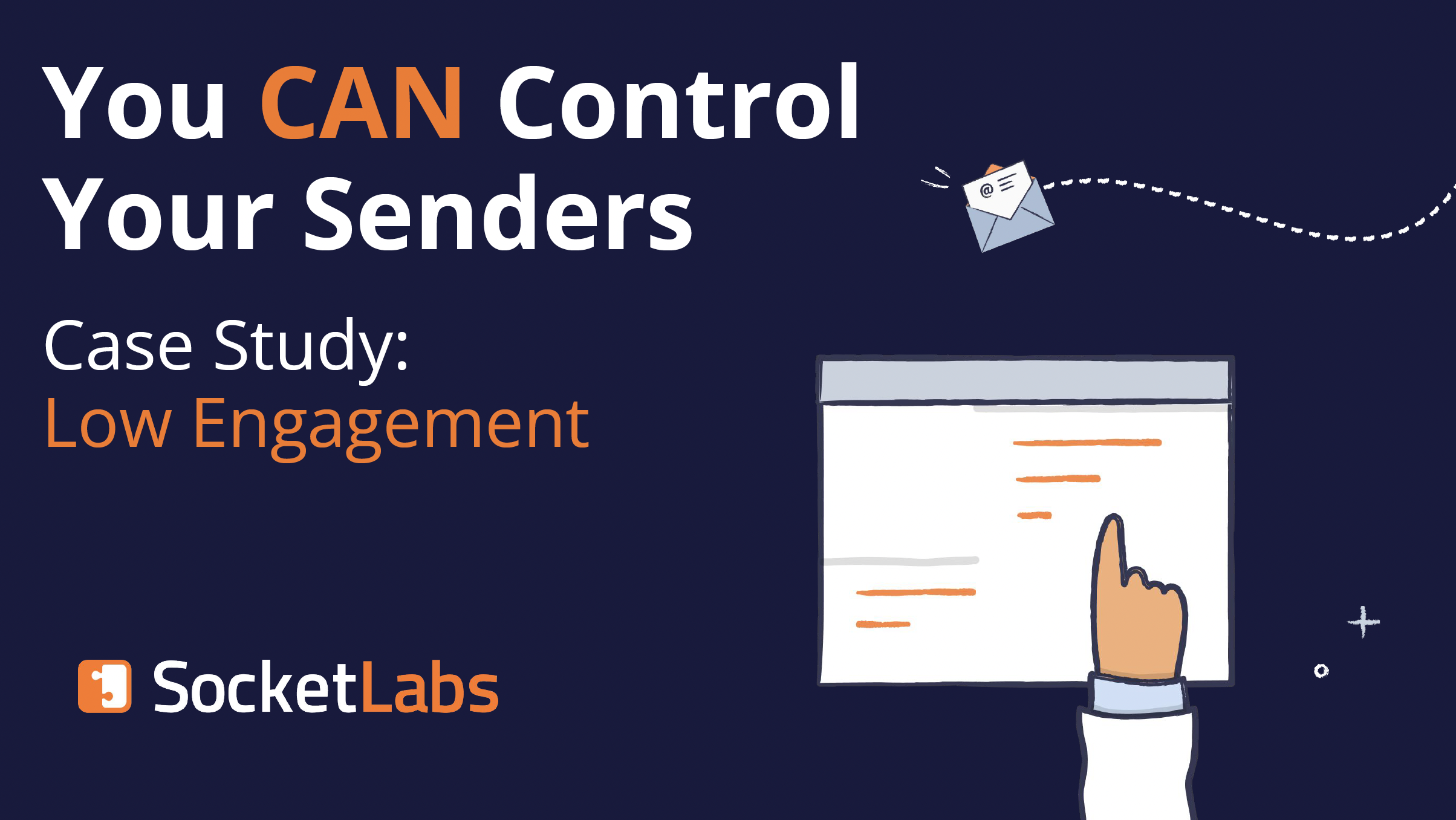Marketing platforms require email marketers to comply with anti-spam laws. Regardless of legal consequences, failing to comply can affect email deliverability, sender reputation, and email marketing campaign success.
What are anti-spam laws?
Anti-spam laws are legal measures set to protect citizens against unwanted or dangerous mail. These are typically bulk emails sharing unsolicited offers to users who neither opted-in nor know the sender. Up until a few years ago, the CAN-SPAM Act of 2003 (Controlling the Assault of Non-Solicited Pornography and Marketing) represented all anti-spam laws for the USA, including, but not limited, to email marketing.
While CAN-SPAM has gone largely unenforced, the Federal Trade Commission (FTC) could demand spammers pay $16,000 or more for every email in violation. Users can report email abuse by clicking the “spam” button via their mailbox provider (MBP), or by reporting it directly to the email service provider (ESP) sending the email on behalf of the spammer. ESPs can then review and determine if the mail is in fact spam, and if so, terminate the relationship.
Anti-spam laws vary between different states and countries. For example, the federal US allows most spam emails, but California’s anti-spam law prohibits all unsolicited emails coming from or to Californian addresses. The CAN-SPAM Act doesn’t override any state-level laws or any international anti-spam laws.
International anti-spam laws
Even though legislation is varied between countries, many international anti-spam laws spell out similar requirements:
- Include a direct unsubscribe link on every unsolicited email
- Provide clear sender/company information
- Avoid misleading subject lines, especially on commercial emails
ESPs or other marketing services might also prohibit the following behavior from their customers:
- Use of purchased email lists or personal data scraped from the internet
- Repeatedly emailing large lists without opt-in confirmation
- Broken, hidden, or login-required unsubscribe links
In general, all countries allow unsolicited emails under two conditions: emails with a clear unsubscribe link to corporations or to individuals with some level of relationship to the sender’s business (warm leads). It is critical to remember, if you are emailing any recipient in the European Union, in which a very strict anti-spam law is in place (GDPR), you must conform to those guidelines even if you’re sending from the United States.
For legislation like GDPR and Canada anti-spam laws (CASL), you need express consent. There needs to be a record of informed consent, and unsubscribe links alone won’t protect the sender from violating the laws.
Cold emails vs. email spam
Both spam and cold emails are legal in the USA. However, in other large countries, explicit consent is required. Remember though, even if your emails are legal, they still may end up in spam folders! Legality does not equal inbox placement because mailbox providers are concerned with what is safe and considered “wanted” by their users, not what is legal.







